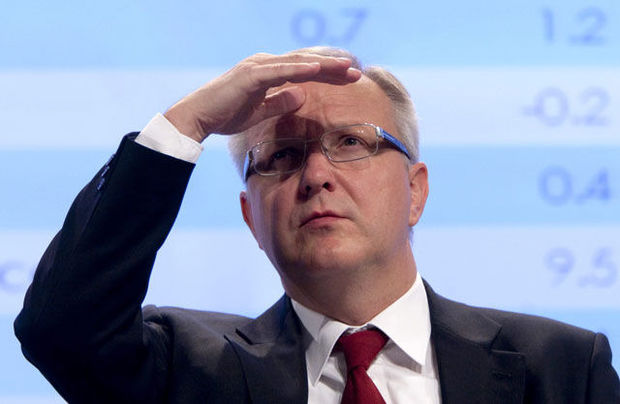The European Central Bank (ECB) will raise interest rates substantially again in September as the surge in energy costs is exacerbated by a weak euro.
Earlier this week, the value of the euro fell below that of the dollar once again, sinking to its lowest level since the launch of the European single currency in 2002. According to Olli Rehn, as Finnish governor member of the ECB's Governing Council, this means it's "time for action."
Rehn told Bloomberg News Agency that the ECB should act forcefully to contain record inflation — the eurozone annual inflation rate was 8.9% in July 2022 — and keep expectations for future price growth anchored as the weak euro exacerbates a surge in energy costs.
Earlier in the summer, the ECB raise interest rates in a bid to control runaway inflation for the first time in over a decade, immediatly increasing it from 0 to 0.5%. According to Rehn, policy-makers need to continue with a “consistent and orderly” normalisation of monetary policy.
"The next step will be significant, depending on the incoming data and the inflation outlook," he said.
Avoiding recession
However, the next step is also risky, as a move thay is aimed at fighting inflation could also result in a recession, as the bloc finds itself in a serious energy crisis and the eurozone economy is slowing down.
How much the ECB will raise interest rates next month remains a matter of conjecture for now. There are calls to follow the US central bank's lead and step up interest rates by 0.75 percentage points to cool the economy, but others want to remain cautious.
Related News
- Spiralling energy costs force Belgian companies to shut down
- UK inflation: Energy price cap to increase by 80% from October
In any case, Europe must be prepared for a "protracted confrontation" with Russia, with reduced natural gas supplies and higher energy prices, Rehn said. "That will be a serious cut in the purchasing power of our citizens."

